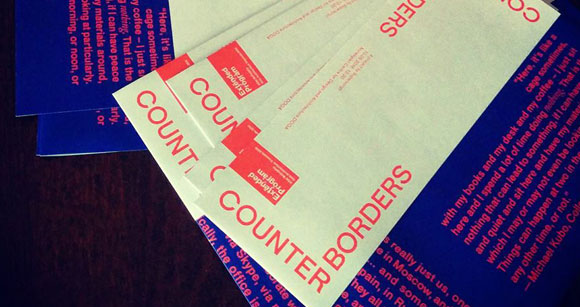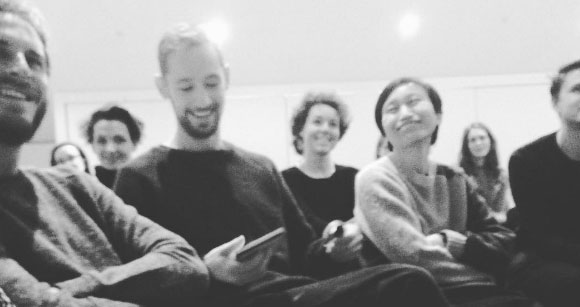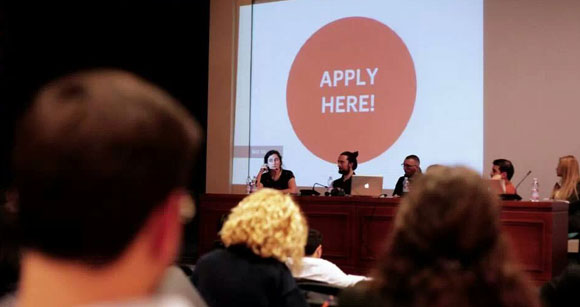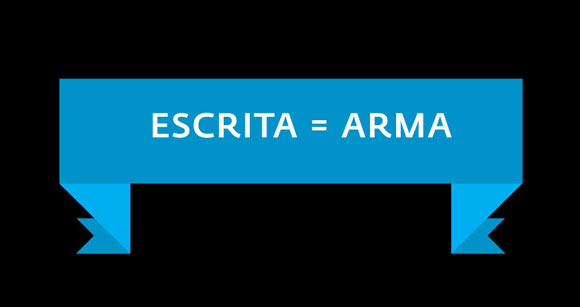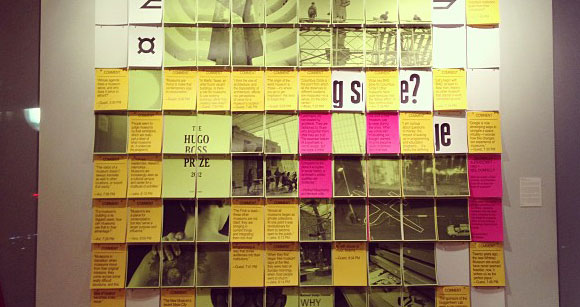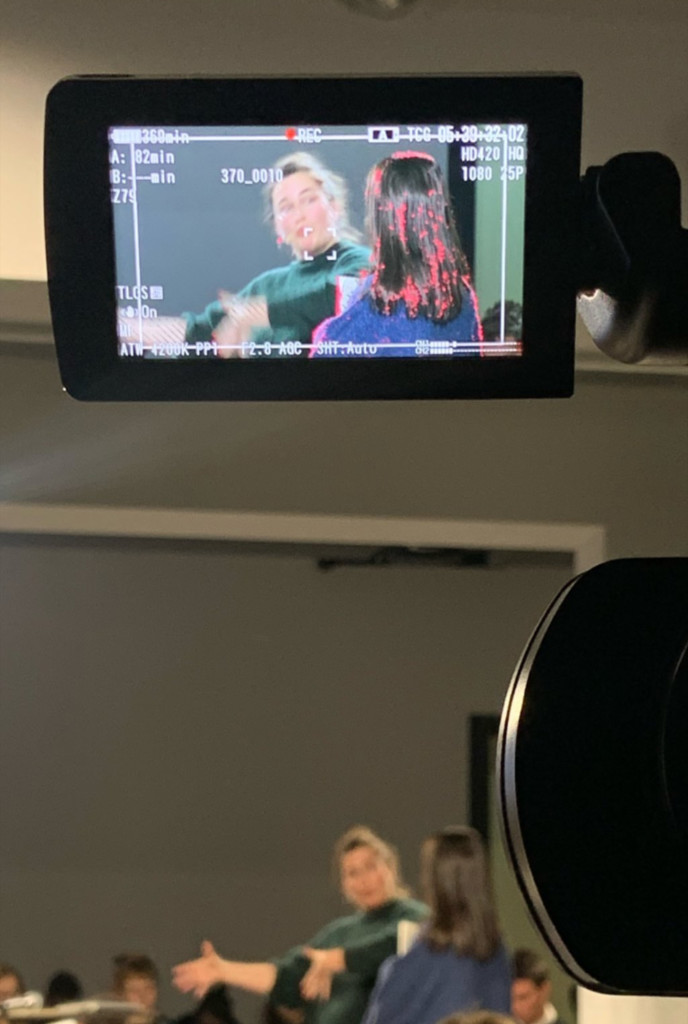
Presenting at “Architectural Models: Theory and practice in scale”. Photo courtesy HEAD-Genève.
I was in Geneva to discuss architectural models at the conference Architectural Models: Theory and practice in scale, organized by the Interior Architecture Department of the school. The two-day event was organized as an experimental stage for discussion, and it was great to talk to master students about recent architectural exhibitions and events and how the model embodies so many contradictions within. Below the talk abstract – I’ll post the presentation video when it’s online.
The architectural model is unparalleled as a device for dreaming. Its regular use in architectural exhibitions and events attests to its allure, but also to the paradoxical impossibility of exhibiting the discipline these devices embody and attempt to represent. This talk will cover the ways in which architectural models have been used in recent architectural exhibitions and events, with varying degrees of efficacy.
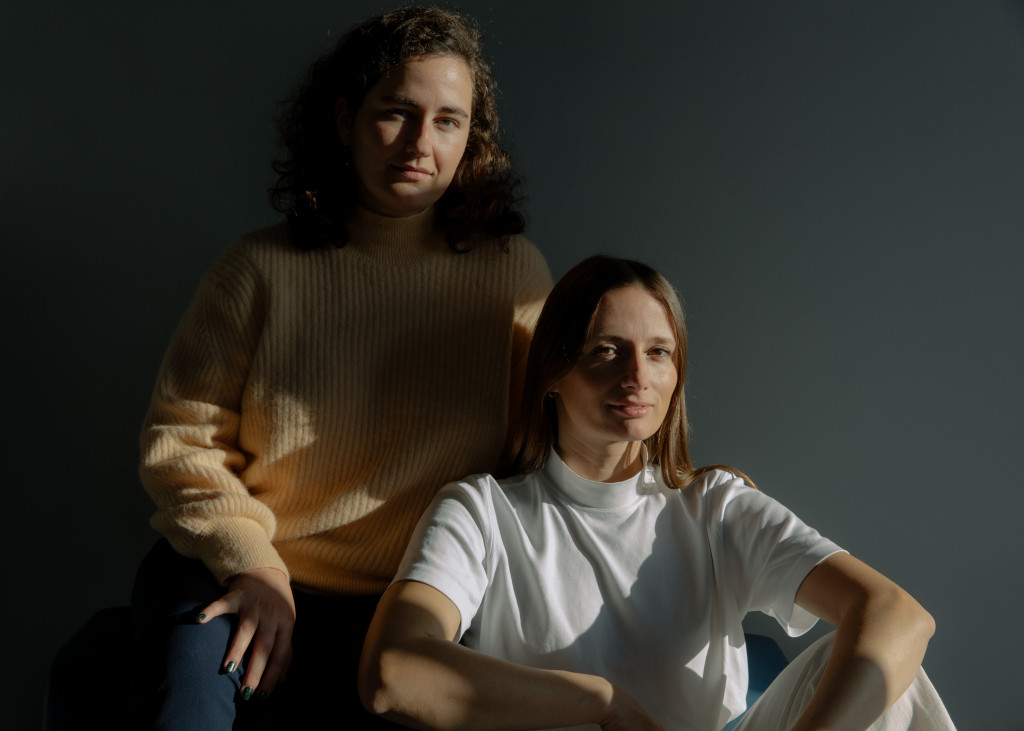
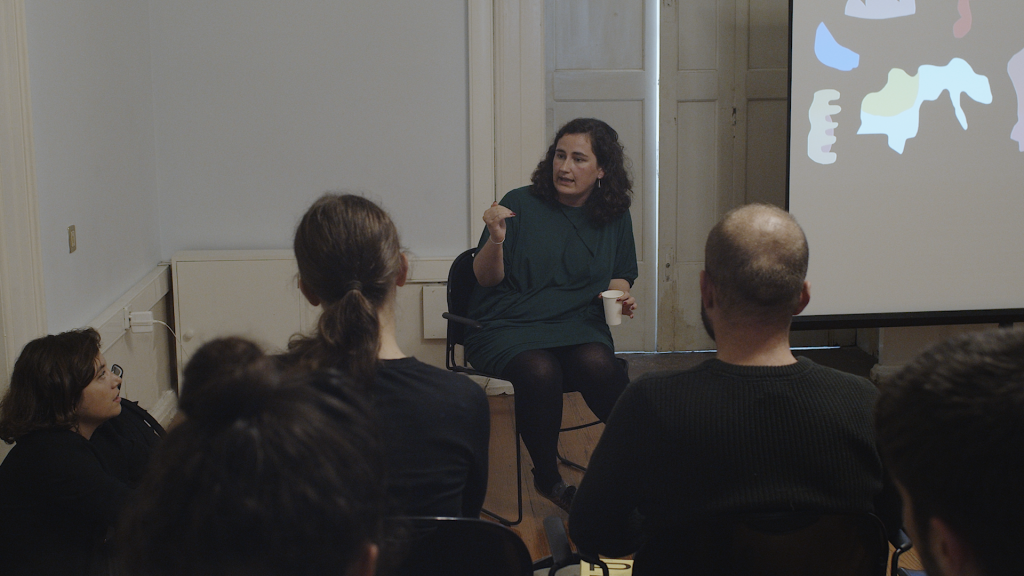
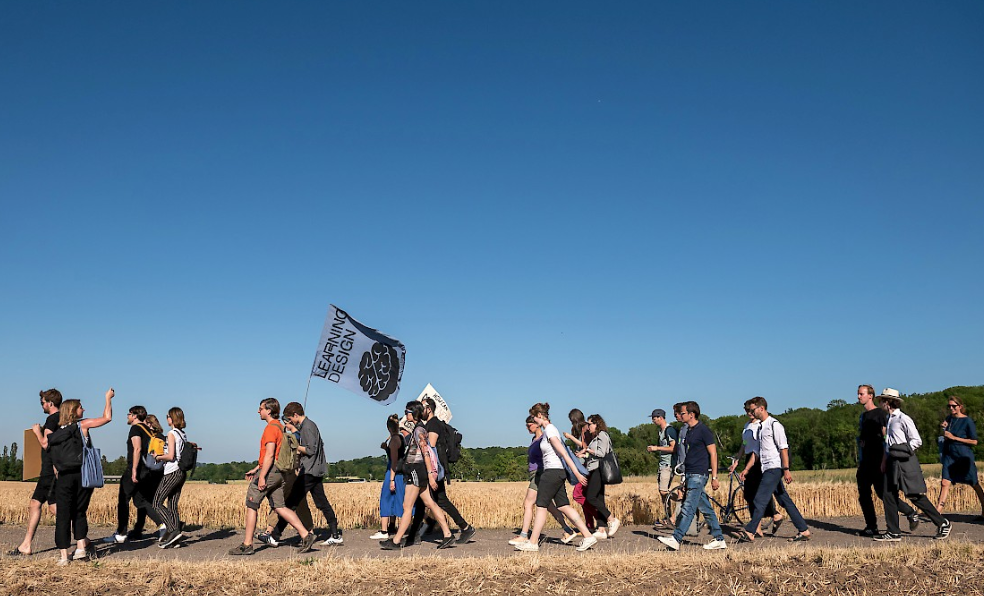
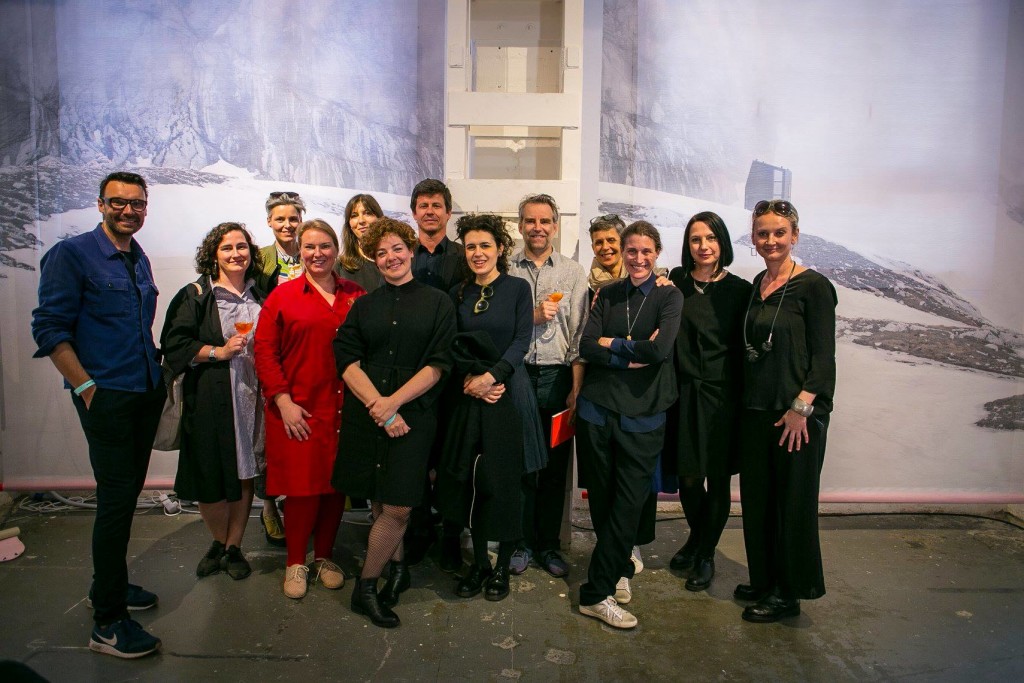
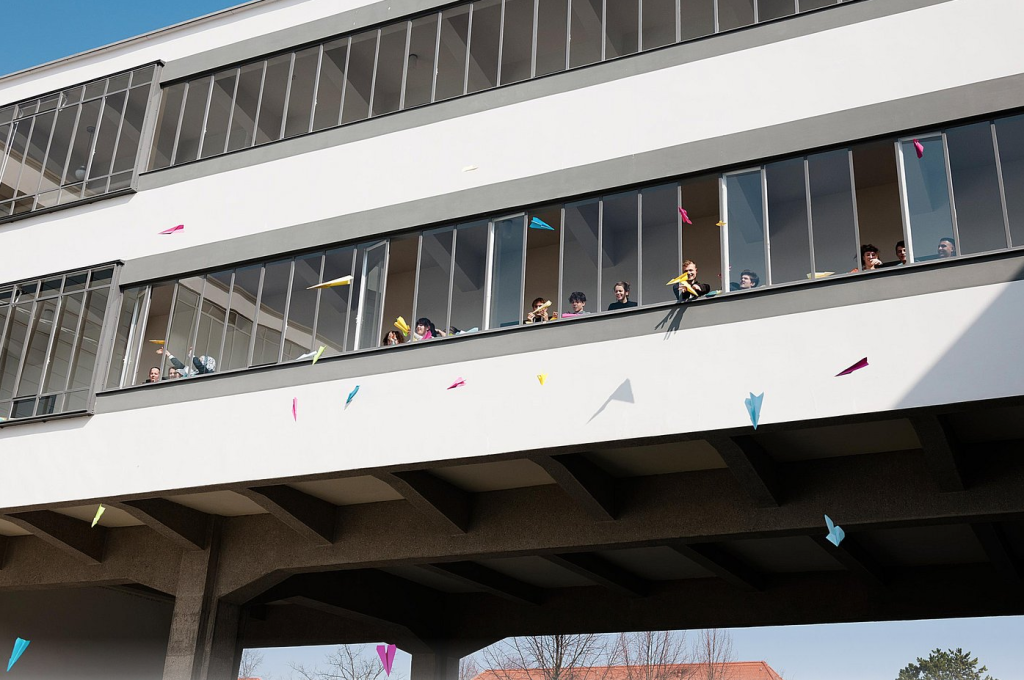 Festival School Fundamental, Bahaus Dessau, March 2019. Photo by Thomas Meyer / Ostkreuz
Festival School Fundamental, Bahaus Dessau, March 2019. Photo by Thomas Meyer / Ostkreuz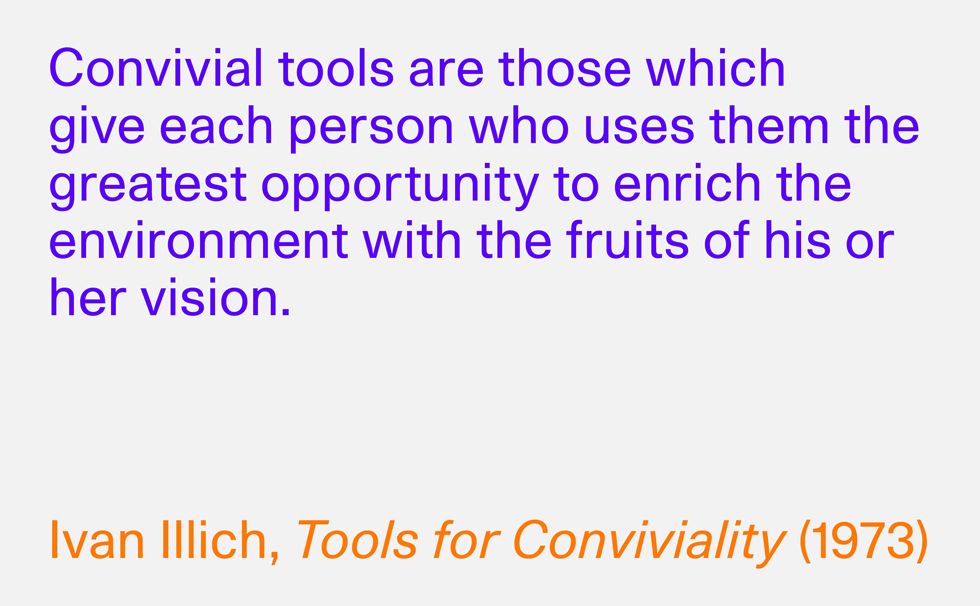

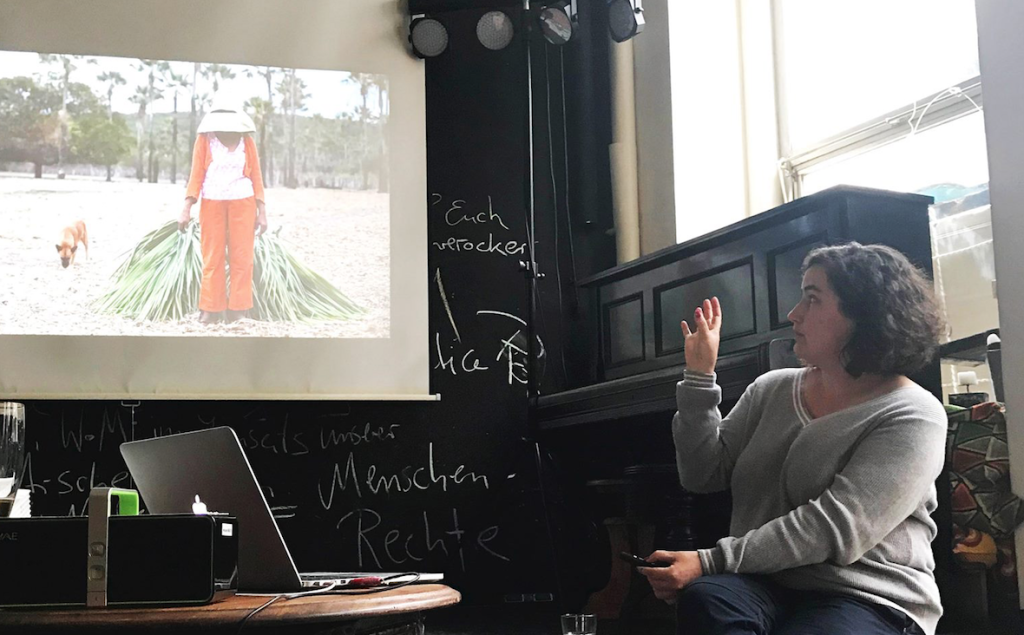
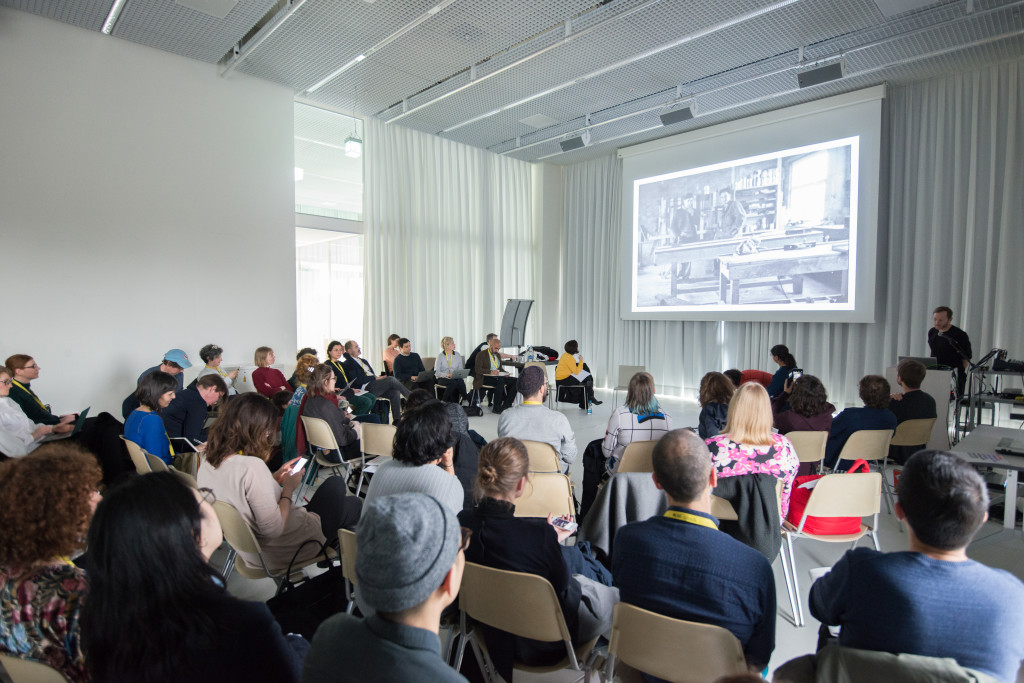
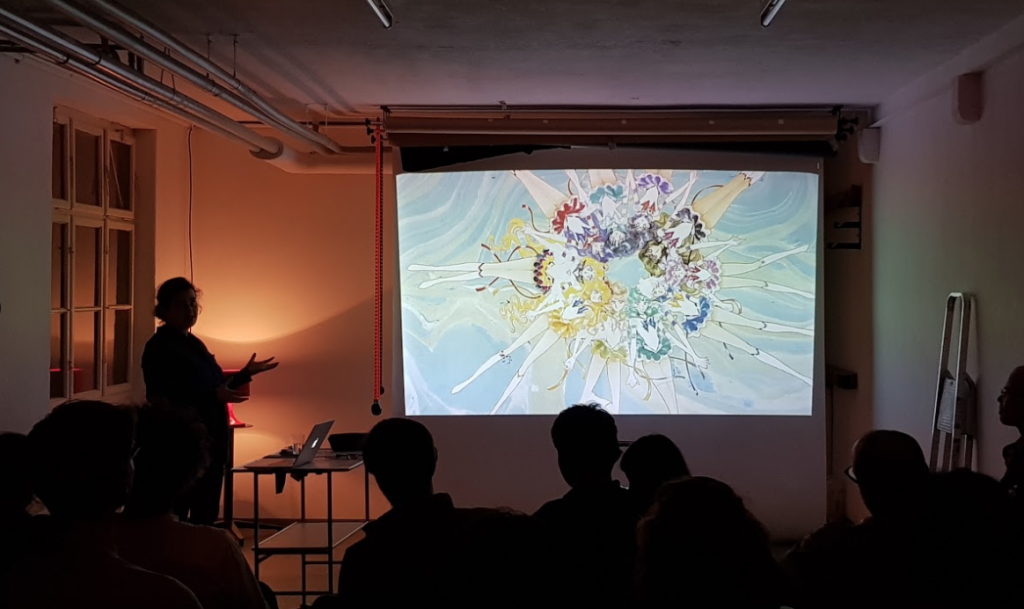 Presenting at TEOK #40 – Founders. Photo Nicolás Miranda Turu.
Presenting at TEOK #40 – Founders. Photo Nicolás Miranda Turu.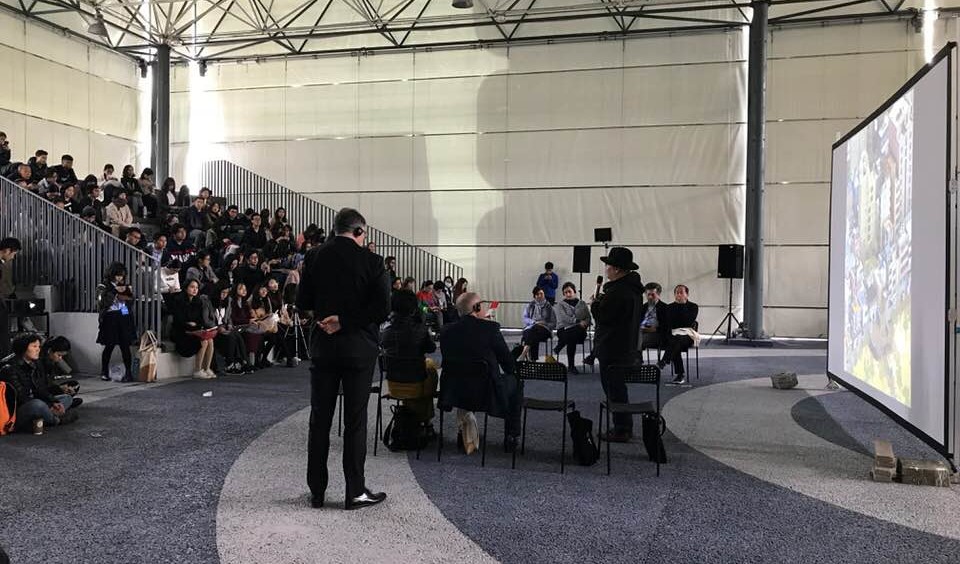 View of the panel discussion at the 7th UABB in Nantou Old Town, Shenzhen.
View of the panel discussion at the 7th UABB in Nantou Old Town, Shenzhen.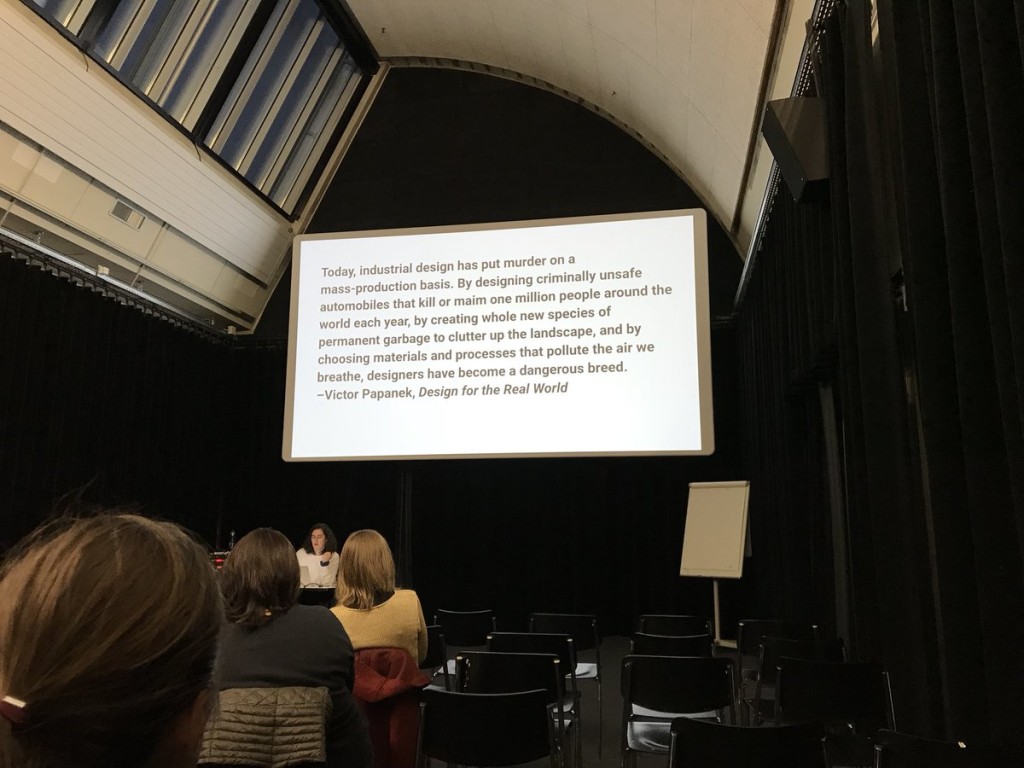 Speaking at the Research Wednesday lectures series at the University of the Arts Bern. Photo Robert Lzicar
Speaking at the Research Wednesday lectures series at the University of the Arts Bern. Photo Robert Lzicar